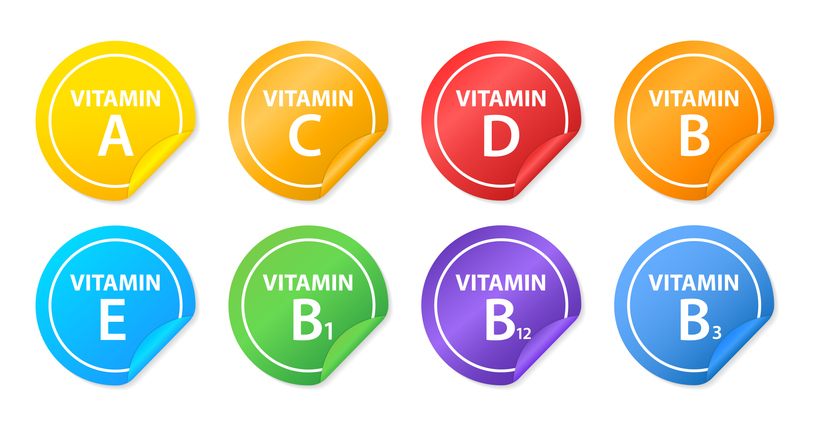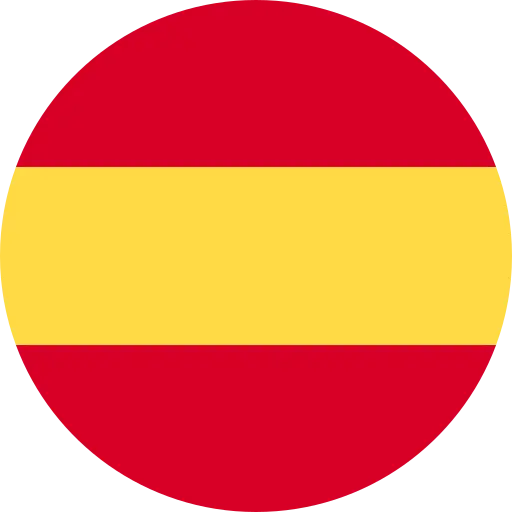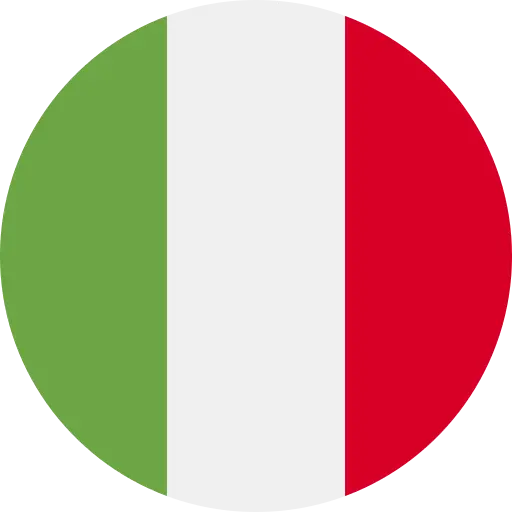
- << LexSupplements
- << Blog
- UPDATE ON UPPER INTAKE LEVELS (UL) FOR VITAMINS AND MINERALS IN FOOD SUPPLEMENTS
UPDATE ON UPPER INTAKE LEVELS (UL) FOR VITAMINS AND MINERALS IN FOOD SUPPLEMENTS
UPDATE ON UPPER INTAKE LEVELS (UL) FOR VITAMINS AND MINERALS IN FOOD SUPPLEMENTS
UPDATE ON UPPER INTAKE LEVELS (UL) FOR VITAMINS AND MINERALS IN FOOD SUPPLEMENTS
The Spanish Agency for Food Safety and Nutrition (AESAN) updated on November 5, 2024, the upper intake levels (UL) for vitamins and minerals to be used in food supplements, based on the latest assessments by EFSA (European Food Safety Authority).
But what are these upper intake levels (UL)? They refer to the highest intake level of a nutrient (Upper Level) that is unlikely to pose any adverse health effects for most individuals in the general population. In other words, they are safe intake levels below which the consumption of the corresponding nutrient is considered harmless. These levels pertain to the daily intake of each nutrient (vitamins and minerals) from all dietary sources.
These are not legislative limits but recommendations aimed at ensuring consumer safety. Spain uses them as a reference to ensure that marketed products do not pose a health risk for consumers.
Recent updates include revisions for nutrients such as:
- Vitamin B6, which has seen its maximum limit reduced from 25 mg to 12 mg,
- Iron, which previously had no maximum level, now has set limits: 40 mg per day for adults, 35 mg per day for adolescents (aged 15-17 years), and 10 mg per day for children (aged 1-3 years).
- Manganese, which now has a maximum limit of 8 mg per day for adults and 2 mg per day for other population groups.
It is important to note that these limits for vitamins and minerals applied in Spain differ from those established in the national regulations of other EU Member States. For instance, countries such as France, Italy, Belgium, or Germany have developed their own national regulations that set unique limits for vitamins and minerals, which often vary significantly from those applicable in other countries.
For example, regarding vitamin A, France sets a maximum limit of 1000 µg RE (for the adult population), Italy sets it at 1200 µg RE, while Spain's limit is 3000 µg RE. Conversely, for magnesium, Spain’s maximum daily limit is 250 mg, whereas France and Italy have less restrictive limits of 360 mg and 450 mg, respectively.
Therefore, when determining the composition of a food supplement, it is necessary to adhere to the national regulations of the country where the product will be notified and marketed. It is quite likely that a product with the same composition cannot be marketed in different countries due to the lack of harmonized EU-level regulations regarding upper intake levels (UL) for vitamins and minerals in food supplements.
At LexSupplements, we specialize in the revision of the composition, labeling, and pre-market authorisations of food supplements in Spain and other European Union countries (Germany, Ireland, France, Italy, Belgium, Spain, Poland, Greece, Portugal, Romania, etc.). Don´t hesitate to contact us for further information.



